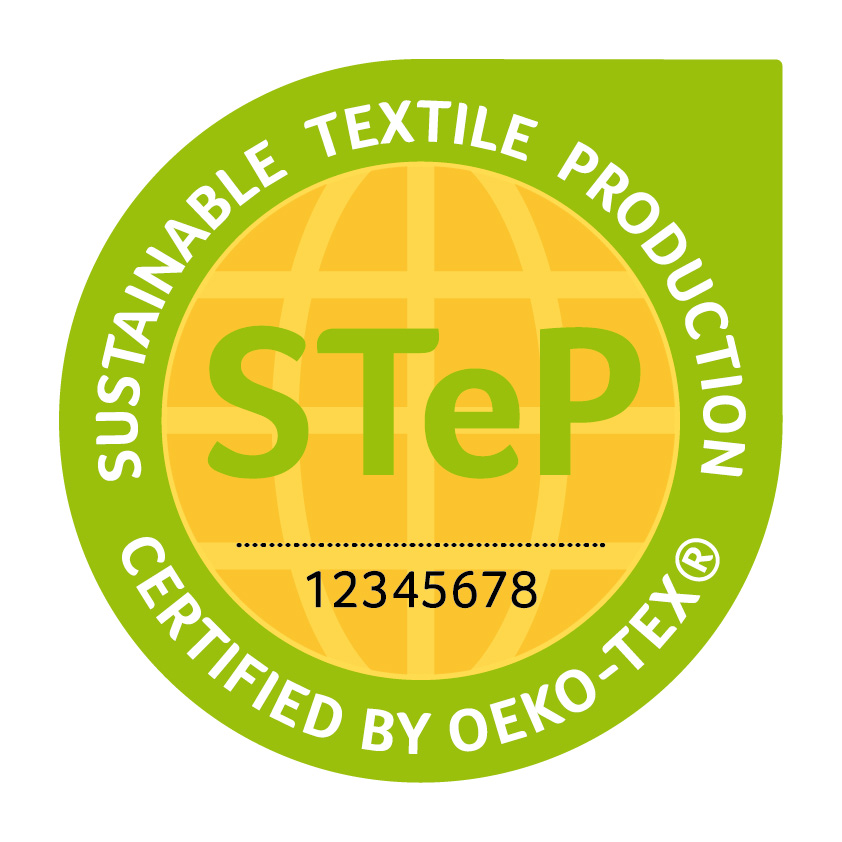
STeP by OEKO-TEX® is a global certification system that assesses and recognizes sustainable and environmentally friendly production facilities in the textile, leather, and textile processing industry. It evaluates criteria such as chemical management, environmental performance, social responsibility, and quality management to promote transparency and continuous improvement in supply chains.
STeP (Sustainable Textile & Leather Production) is an internationally recognized certification and verification system developed by OEKO-TEX®. It focuses on promoting sustainable, safe, and socially responsible production processes within the textile, leather, and textile processing industries. The program aims to increase transparency across global supply chains while encouraging continuous improvement in environmental and social performance.
STeP certification applies to a wide range of production sites, including:
STeP evaluates production sites across several critical modules:
STeP certification is ideal for all textile and leather production facilities seeking to improve sustainability and demonstrate compliance with stringent environmental and social standards. It is valued by manufacturers, brand owners, retailers, and consumers aiming for more sustainable textile products.